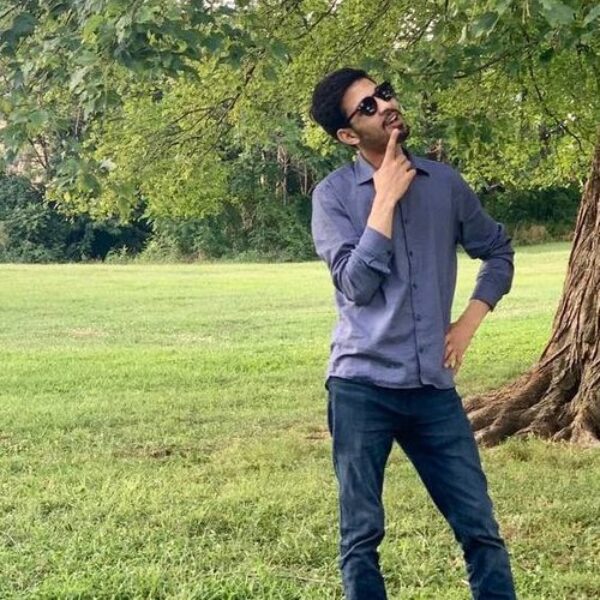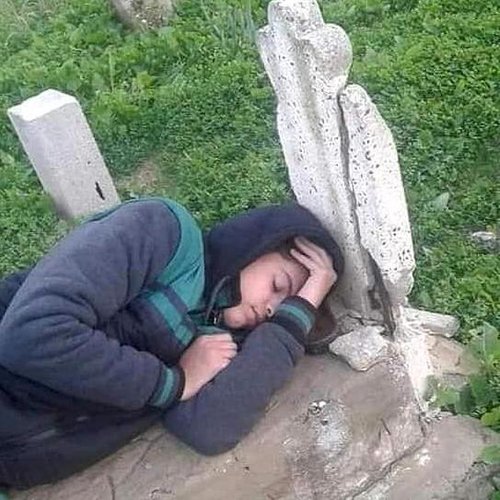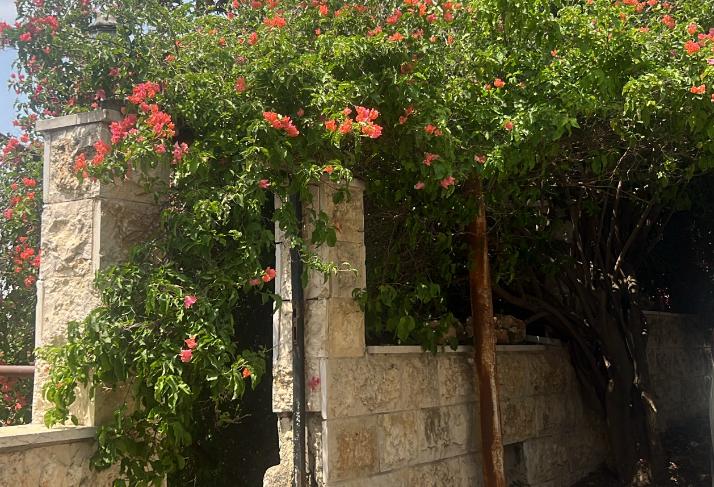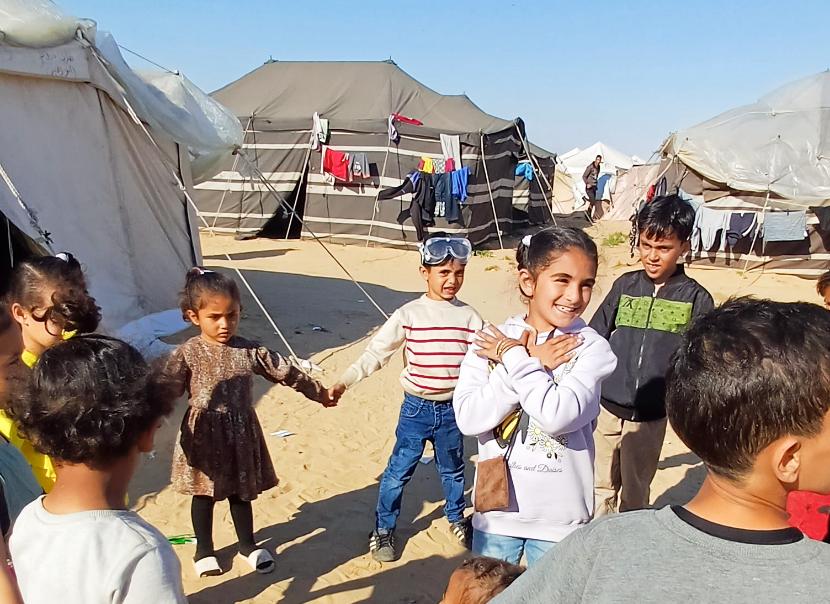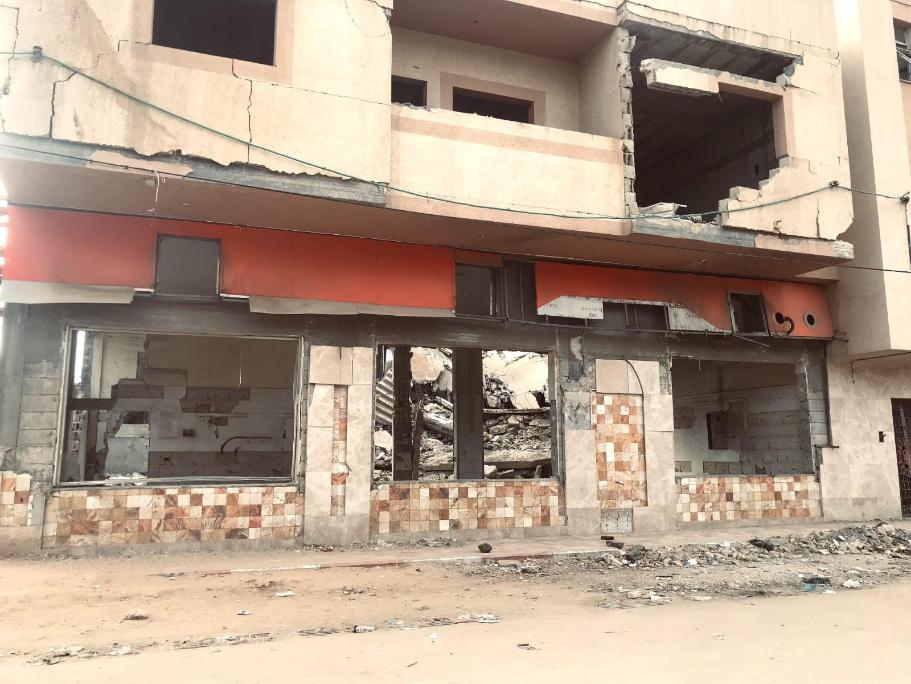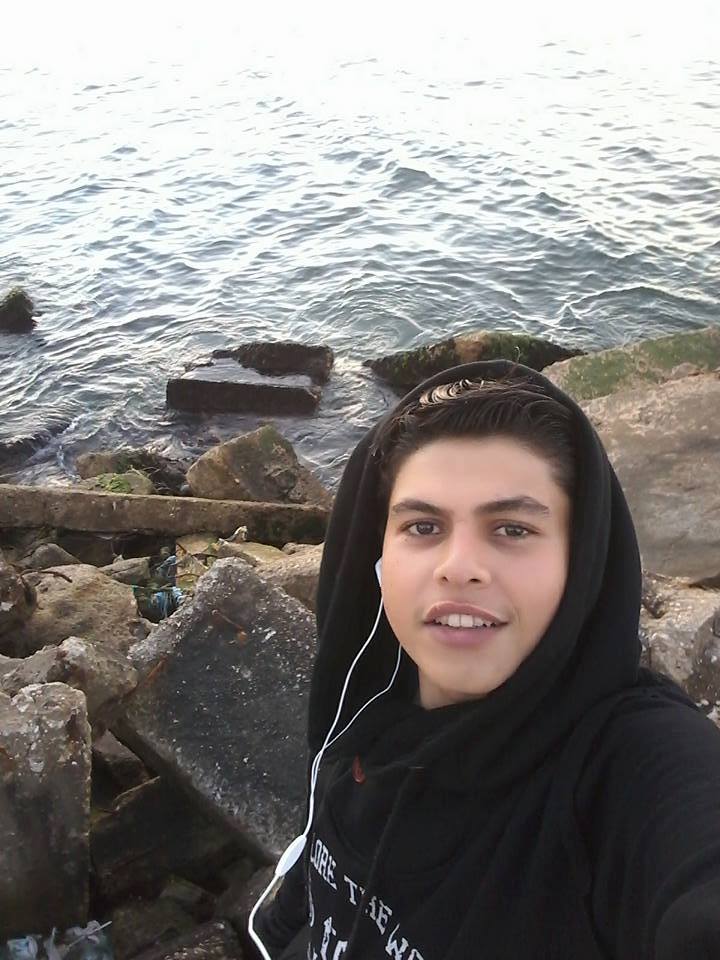
Yahya Karaja, 26 years old, homeless and unemployed, attempted suicide a month ago by publicly setting himself on fire near Gaza City’s Unknown Soldier Square. In a video recorded in the hospital’s intensive care unit, he said with fake cheer, "Good morning! How are you all doing? I hope you're doing fine…I want to let you know that I didn't burn myself. I didn't attempt suicide. I just exploded. Pray for me." Suicide is anathema in Gaza’s conservative, religious culture, so Yahya refers to it his act of self-harm as an “explosion” instead. And on November 7, he died from his burns.
When I was growing up in Gaza, I didn’t even hear the word “suicide,” or know what it means, until I turned 15 and saw the act depicted in a Hollywood movie. And it was always portrayed in conjunction with unrequited love (like in Romeo and Juliet) or sudden trauma. In those contexts, suicide can even seem romantic—especially when celebrities are involved. The latter spark a frenzy of almost titillating curiosity regarding the “how” and “why” of suicide.
But a conservative, judgmental and shame-oriented society like Gaza’s is laced with cultural, social and religious norms and stereotypes. Suicide is one of the biggest taboos in Islam, resulting in massive social stigma and family-shaming. (This likely also explains why most Arab Middle Eastern countries report the lowest suicide rates in the world, despite the frequency of violent conflicts, oppressive governments and pervasive poverty.)
However, Yahya’s story is a genuine reflection of what Gaza feels like at the moment: dehumanizing, inhumane, marginalized, weary, insecure—trying and trying but failing. The unemployment rate among youths is above 70% now, and 90% of households live in poverty. It should really be no surprise that a young man whose life has been shaped and scarred by war, misery and pain is driven to take his own life.
Maybe it's true that self-determination is what constitutes real freedom, and thus suicide is simply the ultimate expression of this freedom. As twisted as it might seem, I sometimes cherish the thought of Israel deploying one of its nukes (which it likes to deny that it has) to relieve those Gazans. It’s not unlike the wish for another war I’ve often heard Gazans express. It’s a noble way of killing themselves. At least, then they’d be honored as “heroes” or “martyrs” and therefore free their families of blame.
As for Yahya, he faced many hardships. His father died when he was very young, and his mother later moved to Jordan to marry another man—leaving Yahya and his brother behind. Unable to afford advanced education and to find more than occasional, manual work that wasn’t enough to live on, Yahya and his brother were literally homeless in the last couple of months—sleeping in public places, like cemeteries. But he didn’t give up on life easily. He went to the home of a Hamas leader to ask for help. The leader’s guards turned him away, saying, “Ismail Haniyah is not responsible.” Yahya also went to the Palestinian President Mahmoud Abbas’s Gaza home, but the guard there also turned him away. As for NGOs like UNRWA, funding cuts have made them almost useless. So, instead, he made a sign with his poor handwriting and walked down the streets of Gaza, asking for help. He tried. Hard.
There’s a lot of parties I blame for Yahya’s death: the Israeli government, for its imposition of cruel, arbitrary sanctions on the entire population of the Gaza Strip; the Hamas leadership of Gaza, for their own oppression and corruption; the Palestinian Authority in the West Bank, which has retaliated against all Gaza residents because it detests Hamas; his extended family, who—in our culture—should be caring for Yahya; and his mother, who abandoned him and his brother.
Yahya’s tragedy doesn’t end there. His body was left in the hospital morgue for four hours before someone was able to retrieve it for burial. His brother, Abood, didn’t have the 800 shekels required for the burial until later. Abood was forced to receive people wishing to offer condolences on the streets of Gaza; he still doesn’t have a home.
Yesterday I was invited to speak as a Palestinian at a Presbyterian church in a suburb near Washington, D.C. I typically avoid events like these. We Palestinians are like turtles; we carry the weight of our home wherever we go. It reminds me too painfully of the gap between the relative comfort of living in the United States and the harsh reality of Gaza—where my family still lives. The reminders make me feel selfish and guilty for being here. Thus, I seek to disentangle myself from Gaza and its memories
Nevertheless, I accepted the invitation and I attempted to talk about what’s positive about Gaza. Some attendees shared how “traumatized” they were after visiting Palestine, and they appreciated my effort to share what’s beautiful rather than what’s painful about Gaza. At the end of my presentation, the pastor lit a candle and invited everyone else to do the same, dedicating it to a memory or a wish for peace. I wanted to light a candle too, but I didn’t. I wasn’t sure if it would be appropriate, since I'm not a Christian. In retrospect, I should have.
Tonight, before I go to sleep, I’m going to curse God once, ask Him to forgive me after, then light two candles—one asking for peace Yahya’s soul and another for his surviving brother.

